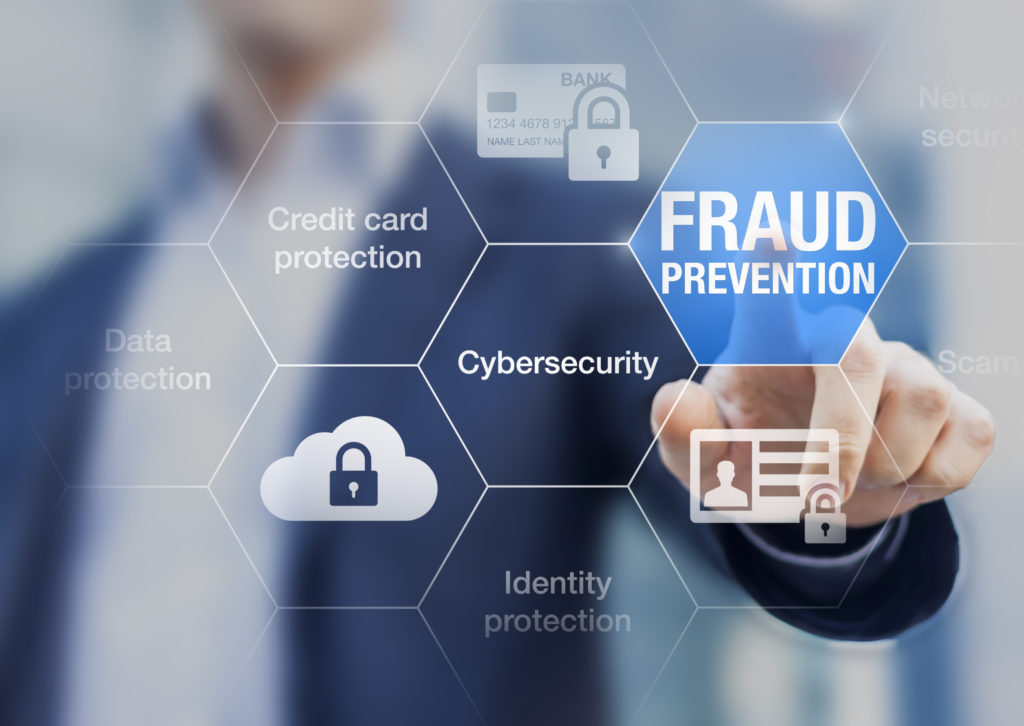Safeguarding Your Accounts
Using credit and debit cards is the most convenient way to pay for goods and services—in person, over the phone, by mail, or on the internet—and also one of the safest and most secure. The VISA® zero-liability policy protects you if fraudulent charges are made to your card accounts. But to keep the power of your credit and debit cards from falling into the wrong hands in the first place, here are some simple, common-sense things you can do:
- Never let your cards and PIN out of your sight.
- Choose a PIN that isn’t obvious to others, and don’t write it on or near your card.
- When keying in your PIN, be sure no one is watching.
- Do not discard ATM or credit card receipts in a public place.
- Do not use a credit or debit card for identification, and never write a card account number on a check.
- Keep good records, and review account statements promptly and thoroughly.
- Guard your account numbers.
- If you see a questionable transaction on a statement, immediately notify the card issuer.
- Never give your credit card numbers to unsolicited callers. If you are uncertain, ask for more information by mail.
- Before disposing of card receipts or statements, destroy areas where account numbers are visible.
- Keep information about all your card accounts in a secure place, so you can act quickly if one is lost or stolen.
- Get a copy of your credit report once a year from each of the three national credit bureaus and check carefully for discrepancies.
If your card is ever lost or stolen or you believe you are the victim of card fraud, immediately call the police, as well as the card issuer. Contact the three national credit bureaus immediately. They can place a “Fraud Alert” in your file, which lets banks and merchants know there is a problem. Check your card and bank statements diligently until the problem is completely resolved.
Request copies of your credit report from all three national credit bureaus and check them thoroughly. (If you have already requested free copies of your credit reports during the same calendar year, there may be a charge.)
Contact the Credit Bureaus
Equifax
PO Box 740241
Atlanta, GA 30374-0241
800-525-6285
Experian
PO Box 949
Allen, TX 75013-0949
888-397-3742
Trans Union
PO Box 6790
Fullerton, CA 92834-6790
800-680-7289


